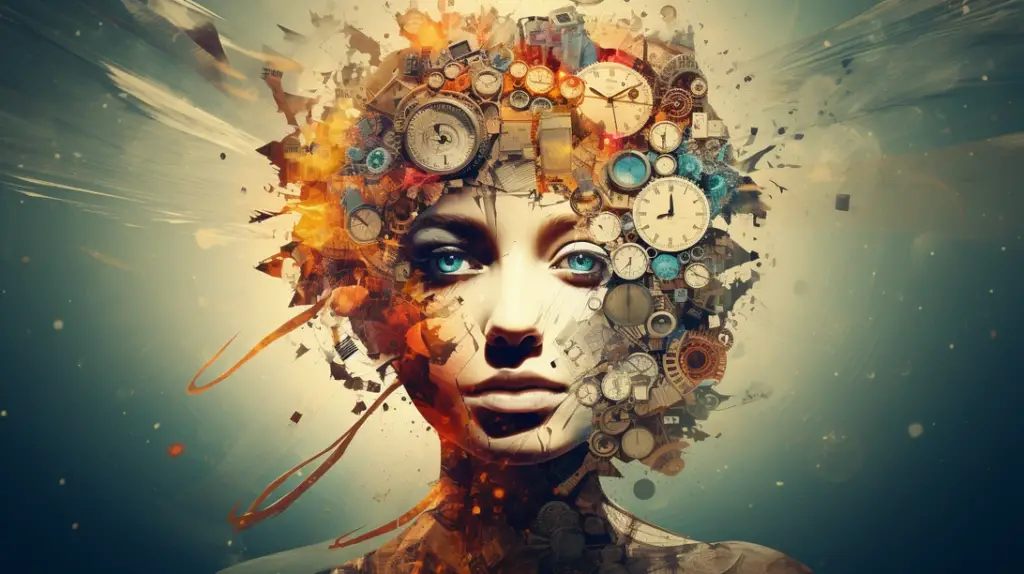The human mind is an intricate web of emotions, thoughts, and processes. Psychology, the scientific study of behavior and mental processes, has unraveled countless secrets about the ways in which our brains function.
This article will delve into 15 of the most fascinating findings in the realm of psychology. From the mysteries of dream interpretation to the power of body language, prepare to be amazed!
1. The Mere Exposure Effect
Humans tend to develop a preference for things simply because they are familiar with them. This is termed as the “Mere Exposure Effect.” For instance, you might find a song or a person more likeable after repeated encounters. This phenomenon explains why companies bombard us with advertisements; familiarity often breeds fondness.
2. Dreams and Problem-Solving
Some scientists believe that dreams are a way for our brain to process and solve problems we encounter in our daily lives. There have been many instances of people waking up with solutions to problems they were previously unable to solve. It suggests that our subconscious continues to work on challenges even when we’re asleep.
3. The Placebo Effect
A placebo is an inactive substance or treatment given to a person with the belief that it has a therapeutic benefit. Psychologically, if an individual believes that they are receiving a beneficial treatment, their body can sometimes respond as if it were actually receiving real treatment. This highlights the immense power of belief and expectation on our health.
4. Mirror Neurons and Empathy
Mirror neurons are cells in the brain that activate both when we perform an action and when we see someone else perform that same action. These neurons are thought to be the neurological foundation for empathy, allowing us to “feel” or understand others’ emotions and actions.
5. False Memories
Our memory isn’t as infallible as we might think. Sometimes, our brain can create “false memories” — events or experiences we believe happened but didn’t. External suggestions or leading questions can often lead individuals to believe they’ve experienced events that never occurred.
READ MORE: What is Psychology? What are the Fields of Psychology?
6. The Bystander Effect
The more people that are present during an emergency, the less likely any one individual is to help. This phenomenon, termed the “Bystander Effect”, highlights how diffused responsibility can deter individual action in group settings.
7. Peak-End Rule
People judge experiences largely based on how they felt at their peak (best or worst moment) and at their end, rather than the total sum or average of the experience. This cognitive bias can influence our memories and decisions in surprising ways.
8. Facial Feedback Hypothesis
Your facial expressions can actually influence your emotions. For instance, forcing a smile can genuinely make you feel happier. This Facial Feedback Hypothesis suggests that our facial movements can impact our emotional experiences.
9. Cognitive Dissonance
When our beliefs clash with our actions, it can create an uncomfortable tension known as Cognitive Dissonance. To alleviate this tension, we might change our beliefs or perceptions to align more closely with our actions.
10. The McGurk Effect
Our senses are interconnected. The McGurk Effect shows that what we hear can be influenced by what we see. If one’s lip movements do not match the spoken sound, our brains might perceive a third, different sound.
READ MORE: The Ultimate Guide to CBT Journaling | Everything You Need To Know
11. The Dunning-Kruger Effect
People with limited knowledge or ability in a particular area tend to overestimate their own competence, while experts often underestimate theirs. This cognitive bias, known as the Dunning-Kruger Effect, highlights the disparity between self-perception and actual ability.
12. Blue is a Productive Color
Studies suggest that blue can enhance cognitive performance and boost creativity. So, if you’re trying to brainstorm or complete a task, surrounding yourself with blue might be beneficial.
13. Memory is Enhanced by Emotion
Events that are accompanied by strong emotions (whether positive or negative) are more likely to be remembered than non-emotional events. This is why emotionally charged moments in our lives often become vivid, long-lasting memories.
14. Brain Plasticity
The brain possesses a remarkable ability to reorganize itself by forming new neural connections throughout life. This adaptability, known as brain plasticity, allows the neurons in the brain to compensate for injury and adjust their activities in response to new experiences.
15. Schemas Influence Perception
Our brain uses schemas — mental structures that help organize knowledge — to process information quickly. However, these schemas can also lead to biases, affecting the way we perceive and interpret the world around us.
READ MORE: 20 Interesting Facts About Albert Bandura’s Life & Contribution to Psychology
In conclusion
The intricacies of the human mind are vast and varied and these fifteen facts offer just a glimpse into the wonders of psychology. As science continues to delve deeper into the complexities of our brains, it’s evident that there’s still much to learn, understand, and be fascinated by. The realm of psychology truly holds endless marvels waiting to be discovered.
Now watch the video presentation:



